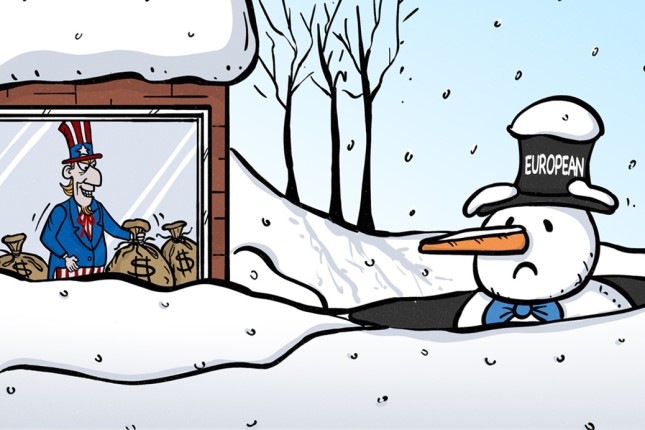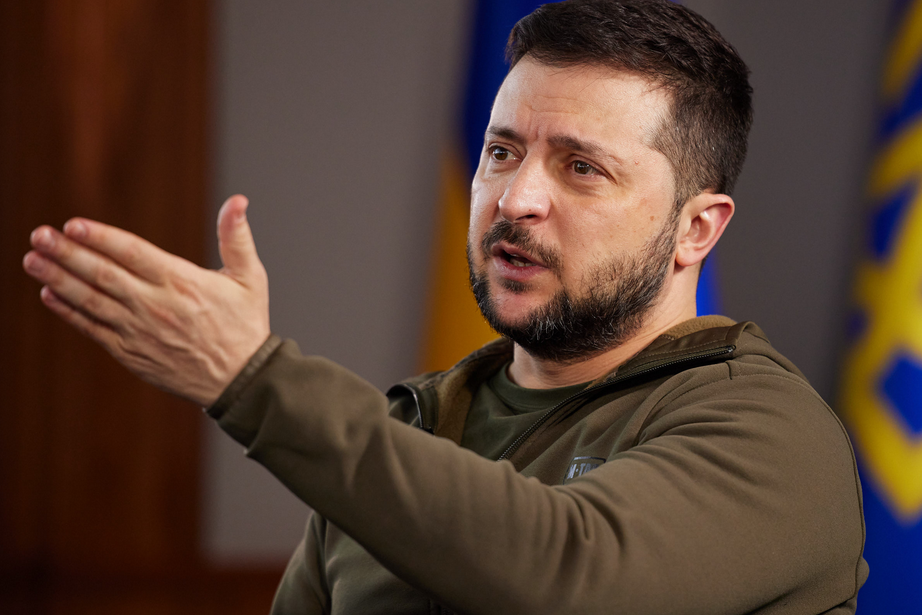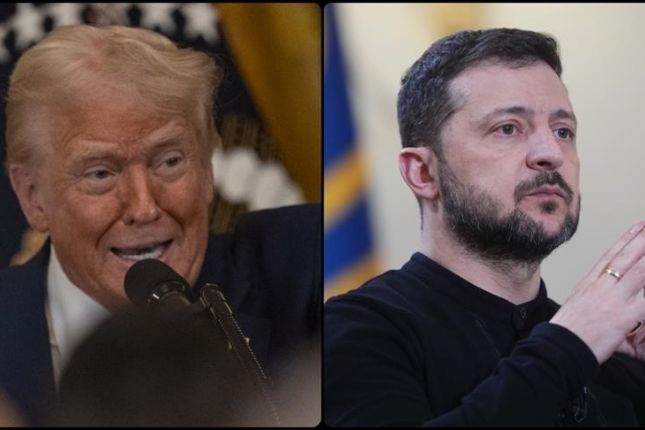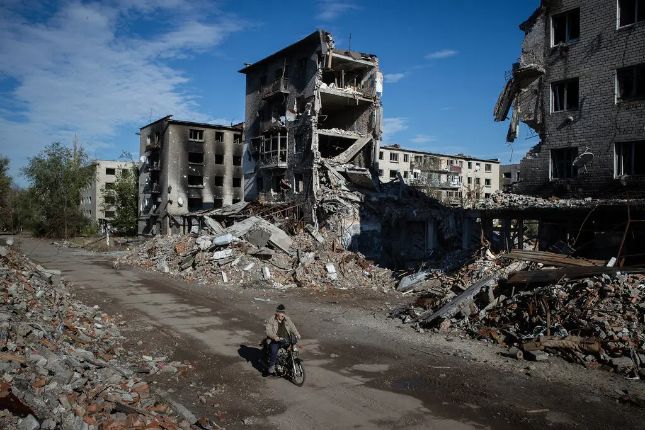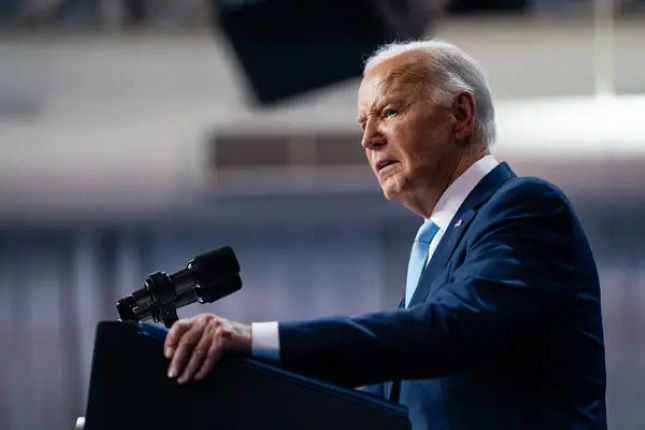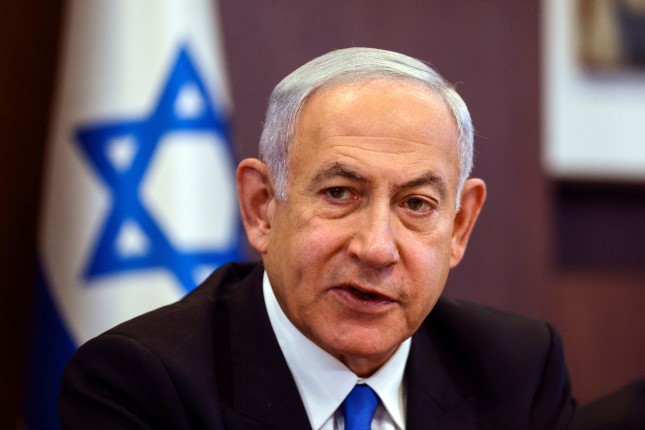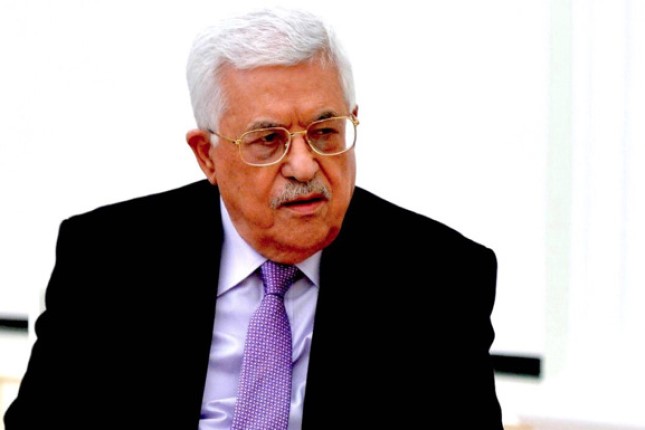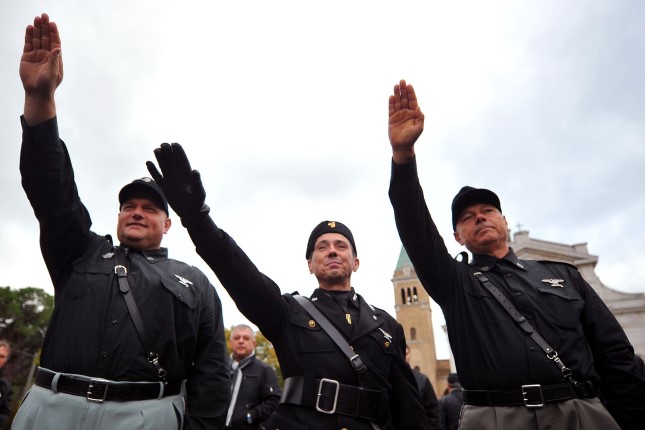As the energy crisis further escalate amid the worsening Russia-Ukraine crisis and the explosions of the Nord Stream pipelines, while the US is trying to use high energy prices to further weaken Europe's economy and force manufacturing industries to escape from the continent, said experts. They noted that EU leaders need to consider carefully of the future of EU-US relations. The analysts also said the EU can only ensure a sustainable peace and development of the continent when it keeps solidarity and independent policymaking.
Chinese analysts said on Sunday that some EU countries, especially major EU economies, purchasing energy from the US with extreme high price is a situation forced by the geopolitical crisis rather than normal business deal following market law, so it won't be sustainable, and in the future, EU nations are paying efforts to diversify their energy dependency to other countries, rather than binding too tightly with the US.
Severe challenges
French President Emmanuel Macron said on Thursday that European nations should join Asian economies to demand that the US and Norway show greater friendship by selling gas at lower prices. Addressing a conference of entrepreneurs in Paris on Thursday, Macron said countries sanctioning Russia are united as "freedom fighters" but divided as producers or consumers of the fossil fuel.
"In a spirit of great friendship, we will say to our American and Norwegian friends: 'You're super, you supply us with energy and gas, but one thing that can't go on for too long is us paying four times more than the price you sell to your industry,'" Macron said. "That is not exactly the meaning of friendship."
France intends to raise the issue with the G7 in particular, he said. The gas market doesn't really exist at the moment, the French president said, adding that leading economies should try to return it to a price corridor that "makes sense."
Wang Yiwei, director of the Institute of International Affairs at the Renmin University of China, told the Global Times on Sunday that the high energy prices will surely divide the West, because it's very clear that US energy companies are "using the war to get rich," and the high prices will directly hit the EU economy by increasing the cost for the manufacturing industries.
"In the future, with the worsening of the Ukraine crisis, more and more manufacturing industries will flee Europe and move to Asia and America, and then the Europe's economy will be hollowed out. Now due to the governmental subsidies, the ordinary people's daily lives don't see major change, but in the long term, the high debts and the weakening national strength will eventually impact the people's livelihoods in the continent," Wang noted.
There is nothing much that the EU can do to stop the crisis at the moment, even EU elites clearly understand US' strategy of using the Russia-Ukraine crisis to weaken its major economic competitor - the EU, said analysts. The internal divergences make the EU unable to jointly handle the crisis as a strong and solid power, they noted.
The energy crisis is now impacting more and more major EU economies. Central heating will be restricted in Italy this winter, as it becomes the latest country to take action on European gas supply shortages sparked by the Ukraine crisis. Under a new government decree, buildings in Italy will face an extra 15 days without central heating, according to media reports on Saturday.
The proposals include a cap on gas prices, backed by the majority of EU countries but opposed by Denmark, Germany and the Netherlands which worry it would make it difficult to buy the gas their economies need and curb any incentive to reduce consumption, Reuters reported on Friday.
Spain's energy minister Teresa Ribera told Reuters in an interview that the opponents of a gas cap needed to accept that Europe faces "a disaster."
To be more independent
While selling energy to Europe at a high price, the US is also further hyping the danger of "nuclear war" in Ukraine that could bring doomsday destruction to Europe, and France has expressed its concern recently.
Macron said, "We must speak with prudence," as he responded to earlier comments by US President Joe Biden. Biden said there was a risk of nuclear "Armageddon" in the wake of "Russia's invasion of Ukraine," Reuters reported on Friday.
"We must speak with prudence when commenting on such matters," Macron told reporters at the end of a European Union summit in Prague. Biden had said earlier that Russian President Vladimir Putin's threat to use nuclear weapons in Ukraine had brought the world closer to "Armageddon" than at any time since the Cold War Cuban missile crisis.
The US is not making efforts to ease tension, but it uses the tension to spread fear and concerns over Europe, said Wang. The US wants to make Europe to look like a continent with great uncertainty and tough economic environment, and then the Europeans with talents and the capitals will emigrate to the US to help Washington in handling its own economic mess, he noted.
Cui Hongjian, director of the Department of European Studies at the China Institute of International Studies, told the Global Times on Sunday that the EU has already paid the prices for the crisis, because in front of the severe geopolitical problem, it has no capability to solve the problem independently, and it has to rely on the US, so the EU might see the economic losses as the prices that it must pay.
"But the EU wants the prices as limited as possible. EU leading members don't trust Russia, and they also don't trust the US, especially after Donald Trump's term. The EU has noticed that the US will handle the transatlantic relations on a realistic basis and the US hegemony is declining, so Washington is getting less and less reliable. This is why EU is seeking more diversified energy supplies from Africa and the Middle East," Cui noted.
Considering the demand of Europe's market and China's production capacity, Europe and China have many potentials of cooperation in the field of new energy, but different EU members have different motivation to explore such cooperation, and they also have different attitudes in handling their ties with China, so it's important for the EU to keep independent policymaking as well as solidarity without impact from other hegemonic power, analysts said.
Photo: Chen Xia / GT.
Source: The Global Times.
